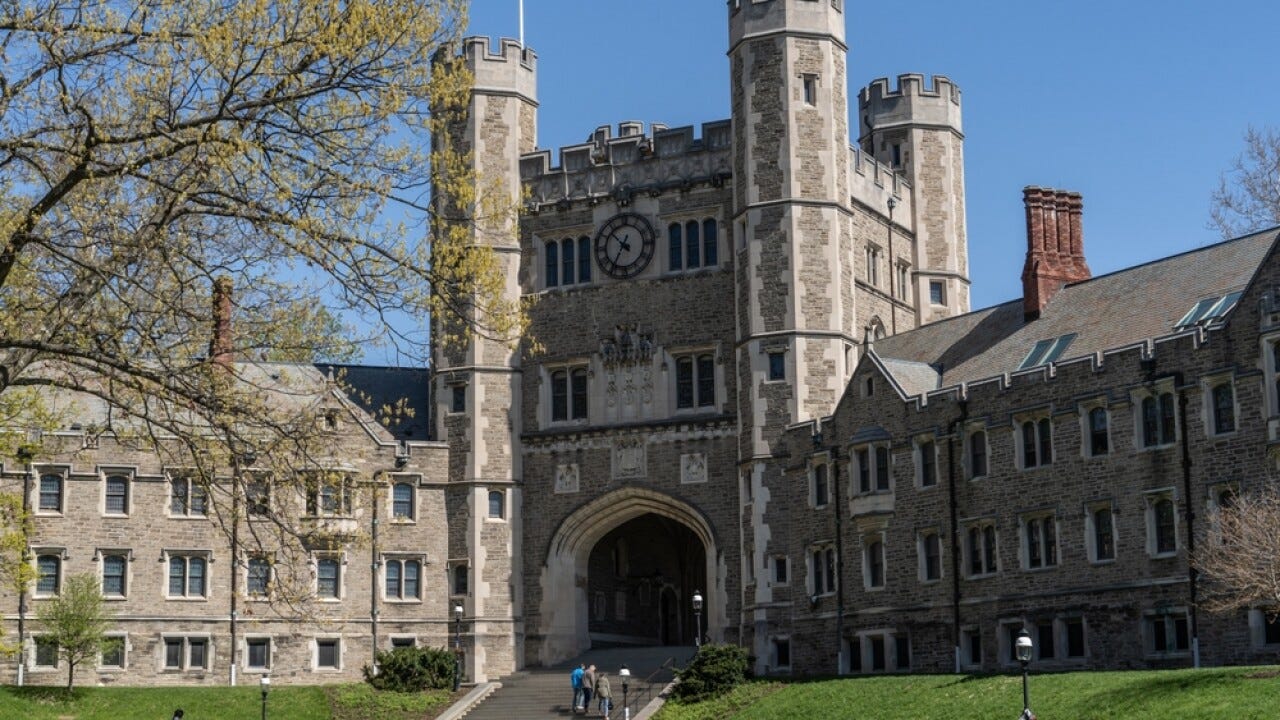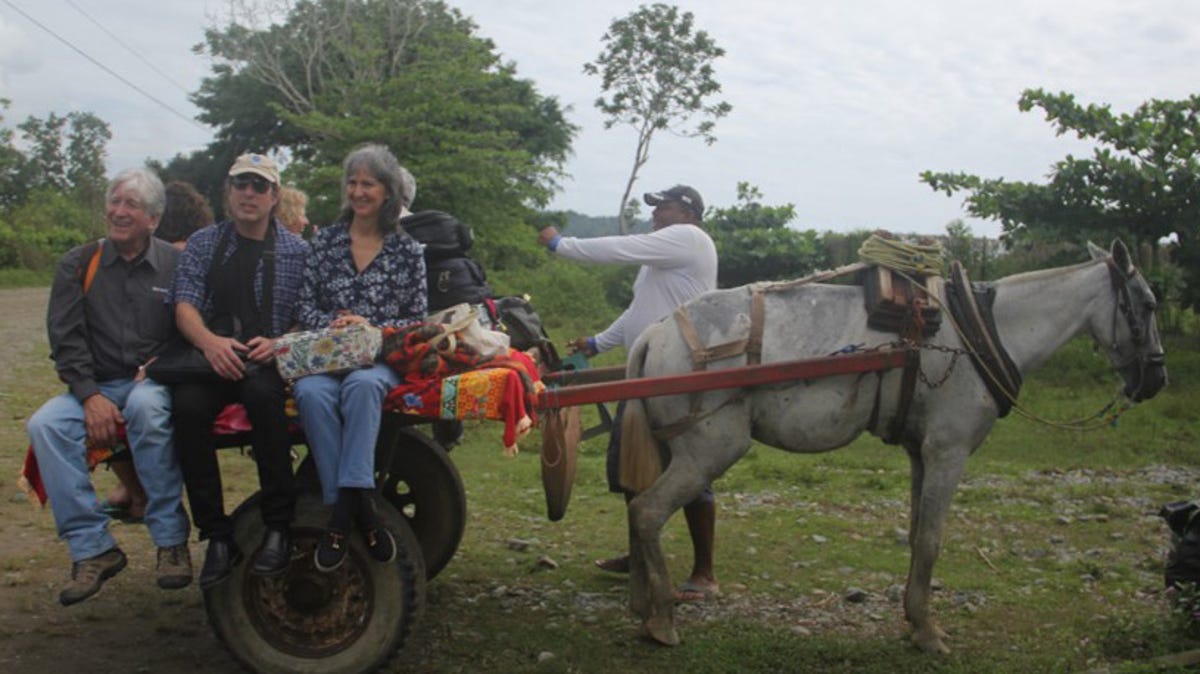Research on an extended family in South America was advancing Alzheimer’s research. Then it was defunded amid Trump administration budget cuts.

Top universities face hiring freezes as federal research funding at risk
Princeton University and the University of California system have announced hiring freezes due to potential cuts in federal research funding, joining other top institutions like Harvard and Duke.
Scripps News
For three decades, professor Ken Kosik has been collaborating with researchers in the United States and Colombia to better understand the causes of Alzheimer’s.
An extended family in that South American country has a devastating genetic variant that triggers early-onset dementia. “They get Alzheimer’s at age 45 like clockwork,” said Kosik, a professor of neuroscience at the University of California Santa Barbara.
The scientists have now studied more than 5,000 relatives and every one of them who had the mutation lost short-term memories and the ability to care for themselves.
Every family member so far ‒ except one.
Now, contined research into that woman and her family has been stopped by Trump administration budget cuts.
While no reason was given for the termination, the project was mostly conducted in Colombia, not the United States ‒ because the family’s unique genetics means similar cases do not exist here.
When Kosik and his colleagues came across a 70-year-old family member a number of years ago, they were amazed to discover she had the mutation but no disease. When she died years later of skin cancer, her brain was full of the plaques characteristic of Alzheimer’s ‒ first discovered by studying her relatives – but not the twisted threads of another protein, tau, that’s also typically found in the brains of those with the disease.
A better understanding of this woman’s mutation and others in this family, Kosik said, could offer clues for delaying the onset of Alzheimer’s for others, including Americans, 7 million of whom currently have the disease. Medical and long-term care costs for people living with dementia are expected to reach $360 billion in 2024.
Kosik said the budget cuts to programs like his “drive home what we’re losing in this country,” as the Trump administration shrinks the federal government and cuts spending on science and medicine.
Other Alzheimer’s and degenerative disease studies have been eliminated or threatened by the administration, too.
After Harvard University announced that it wouldn’t comply with a long list of administration demands, a researcher whose work was featured on the school’s website was told he was losing his funding.
David Walt, a professor at Harvard Medical School and Brigham and Womens’ Hospital who develops diagnostics, was told April 14, the same day as the Harvard announcement, that his federal grant worth $300,000 a year was immediately terminated. The grant was supposed to last another 14 months and the letter he received ending it gave no explanation for its termination.
Walt had already decided not to add any new students to his lab this year, although that is the standard practice in research. Many of the nation’s top universities, under threat of Trump administration cutbacks, have stopped hiring faculty, he said ‒ so his own students had no promotion opportunities, despite working on one of their field’s most prestigious labs.
But losing the grant means having to pare back on work already underway, developing diagnostic tests for diseases like Alzheimer’s, Parkinson’s and ALS, also known as Lou Gehrig’s disease.
“From my perspective, the biggest impact would be the delays in new discoveries that can be translated to patient care,” Walt said via email, in a statement he also sent to other news outlets.
“We are making incredible progress and cancellation of funding will set these projects back and will significantly delay their availability to diagnose, predict drug effectiveness, and monitor relapse,” he wrote.
He said he is hoping private donors will step in and fill the funding gap.
